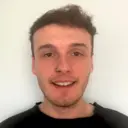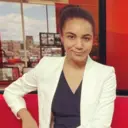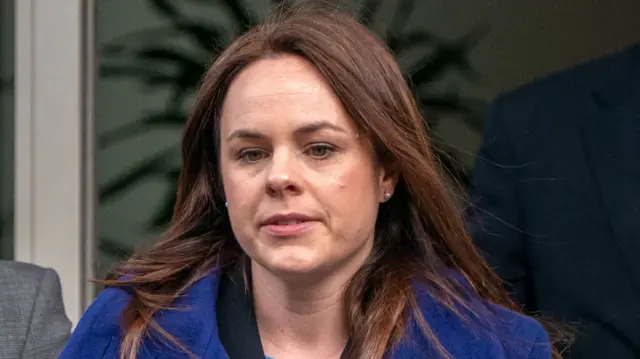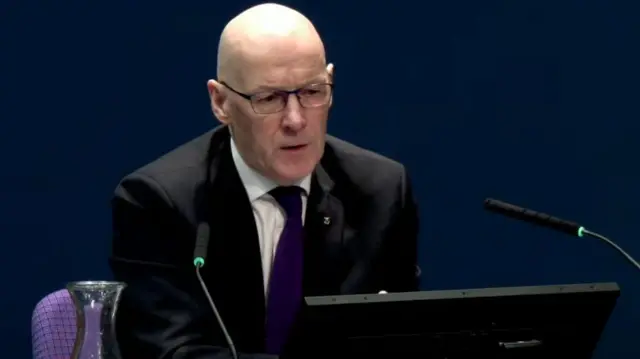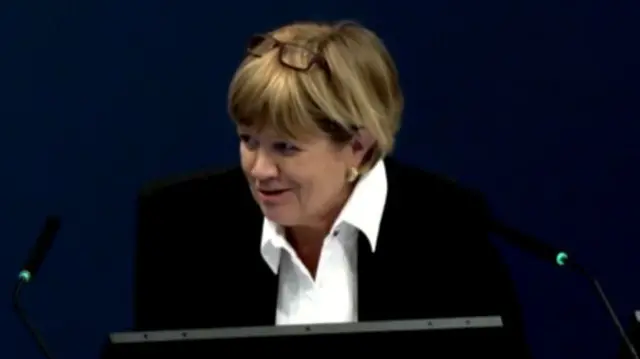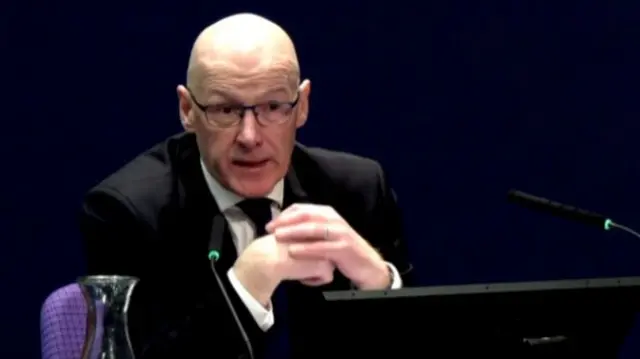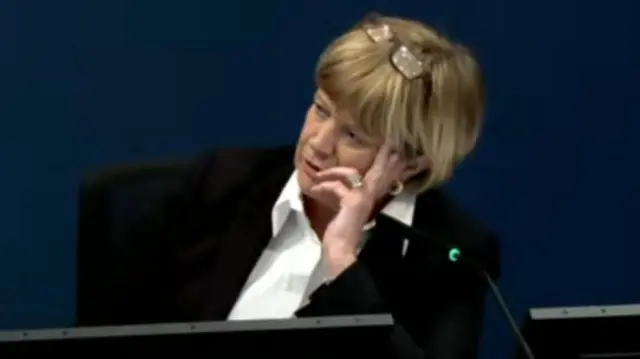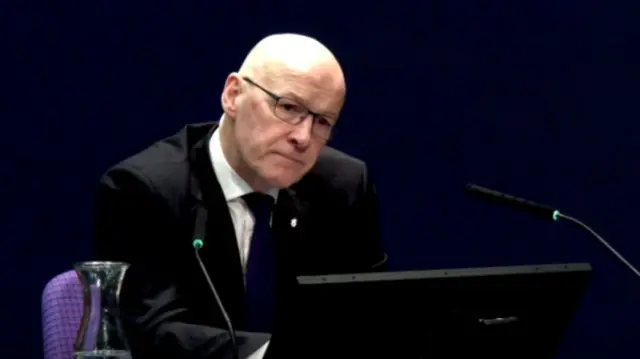
An insight into Sturgeon's cabinet during Covidpublished at 17:41 GMT 30 January 2024
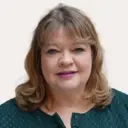 Kirsten Campbell
Kirsten Campbell
BBC Scotland political correspondent
Oh to have been a fly on the wall of the Scottish cabinet as it met in December 2021, when the Covid Omicron variant was taking off.
Politicians at the time were, of course, under extreme pressure - but the inquiry's questioning of both John Swinney and Kate Forbes today included private messages from after a meeting which suggested the first minister at the time, Nicola Sturgeon, was not at all happy.
Humza Yousaf, then the health secretary, said he had taken “a bullet” and that Sturgeon was “ranting” at him, as he offered millions from his health budget to help businesses if restrictions were strengthened.
The inquiry suggested again and again that the cabinet was a ratifying body for decisions being made by the Sturgeon and a small group of others.
But John Swinney defended the government's decision-making processes.
He said cabinet minutes would show if there were any disagreements and that ministers wrestled with dilemmas. But he was also blunt in his assessment that if a minister couldn't live with the final decisions, then they could resign. It's worth remembering no-one did.
